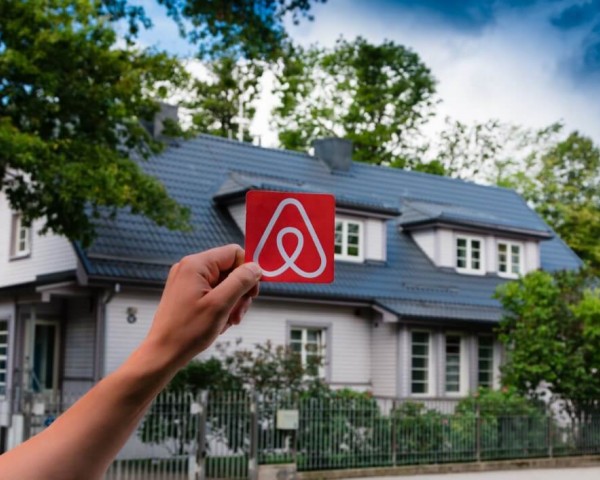Is it time for Airbnb to make a change? Facing stricter regulations in large cities, the platform for renting furnished tourist accommodations aims to expand into long-term rentals.
Airbnb, known for short-term rentals, is considering expanding its long-term rental offer due to increasing restrictions on short-term rentals in Europe. At a travel conference, the company’s CEO, Brian Chesky, mentioned a focus on longer stays of 28 days or more, citing significant growth potential in monthly and seasonal rentals. Long-term bookings now make up 17 to 18% of Airbnb’s business, compared to 13 to 14% before the health crisis, signaling a shift towards embracing medium and long-term rentals as a new revenue stream alongside their traditional short-term rental business.
Airbnb: Other Changes to Come?
Airbnb plans to expand its long-term rental business and offer new services to its customers to increase its profits and broaden its target audience. One of the new services will connect property owners who don’t have time to be Airbnb hosts with individuals who want to be hosts but need accommodation to list on Airbnb.
Additionally, the platform is considering offering services such as massages, spa treatments, mid-stay cleaning, and simplifying arrival procedures. Airbnb’s commercial director, Dave Stephenson, mentioned that the company sees sponsored housing ads as a billion-dollar revenue opportunity, drawing inspiration from successful models like Uber and Booking.
Furnished Tourist Accommodations: Many Restrictions in Europe
As mentioned, Airbnb is looking to expand its long-term rental business due to increasing restrictions in major European cities to curb the proliferation of furnished tourist accommodations. Cities like Saint-Malo, Annecy, Les Sables-d’Olonne, and the Basque region in Spain have implemented quotas for tourist accommodations in different districts to address this issue.
In the spring, the French Senate passed a bill to regulate short-term rentals. The bill included reducing the income tax allowance for unclassified furnished tourist accommodations from 71% to 30%. The allowance remains at 50% for classified furnished tourist accommodations.
Across Europe, cities have implemented drastic measures. Barcelona’s mayor has announced a ban on renting furnished tourist accommodations starting in 2029 in response to concerns about overtourism’s impact on the environment and rising rent prices. Budapest, Athens, Lisbon, and Madrid also plan to ban furnished tourist accommodations in specific districts. Additionally, London and Amsterdam have imposed limits of 90 and 30 days, respectively, on the number of overnight stays.
